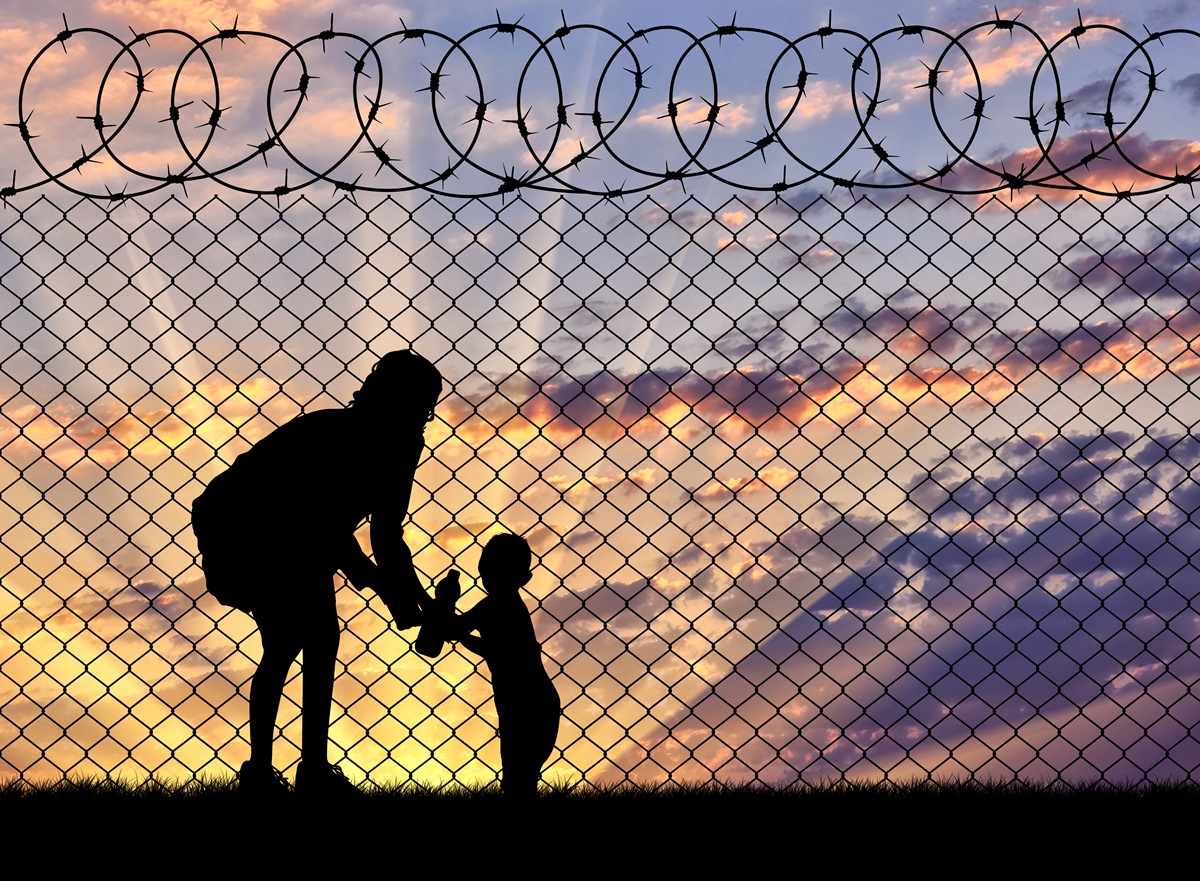$20 billion for the southern border of the United States, what are they going to spend it on?
On February 4, the U.S. Senate released an updated bill allocating $20 billion to the southern border of the United States. What will the allocated money be spent on and what innovations await U.S. immigration policy?
The Emergency National Security Supplemental Appropriations Act bill contains a fairly large amount of information, including funding allocations for Ukraine, Israel, Taiwan, and the southern border.
A total of more than $20 billion is proposed to be allocated to the border, this money will be distributed between USCIS, DHS, CBP, ICE, etc., namely:
– $7.6 billion will go to ICE, the largest expenditure item. Funding logistics, Alternatives to Detention program, detainees, hiring additional staff, etc.;
– $6.8 billion to CBP, to hire additional staff, pay overtime, and generally fund the operations of the customs service. Of this amount, we will separately allocate $1.4 billion for humanitarian support for migrants;
– $4 billion to USCIS. It is planned to hire additional staff, including 4,400 asylum officers;
– $440 million will be allocated to hire additional immigration judges (and staff) and improve the ability of immigration courts to promptly consider and make decisions on cases;
– $210 million to USMS, for detention facilities;
– $204 million to the FBI, for the FBI lab that is responsible for collecting and processing DNA data of people crossing the southern border.
And many “small” tranches, such as: $11.8 million to combat smuggling and trafficking in persons, $23.2 million for DEA (fight against drugs), $56.7 million for law enforcement training centers, etc.
What they plan to introduce into immigration policy, the main things are:
– I-862 are planned to be issued not only in paper form, but also electronically;
– a new deportation program provisional noncustodial removal proceedings, for those who have not been detained;
– conducting protection determination interviews within 90 days;
– issuing work permits immediately after successful completion of the interview.
In general, the list of proposed changes is quite broad, there are both old and new proposals. What of them will eventually be adopted is still unknown.


